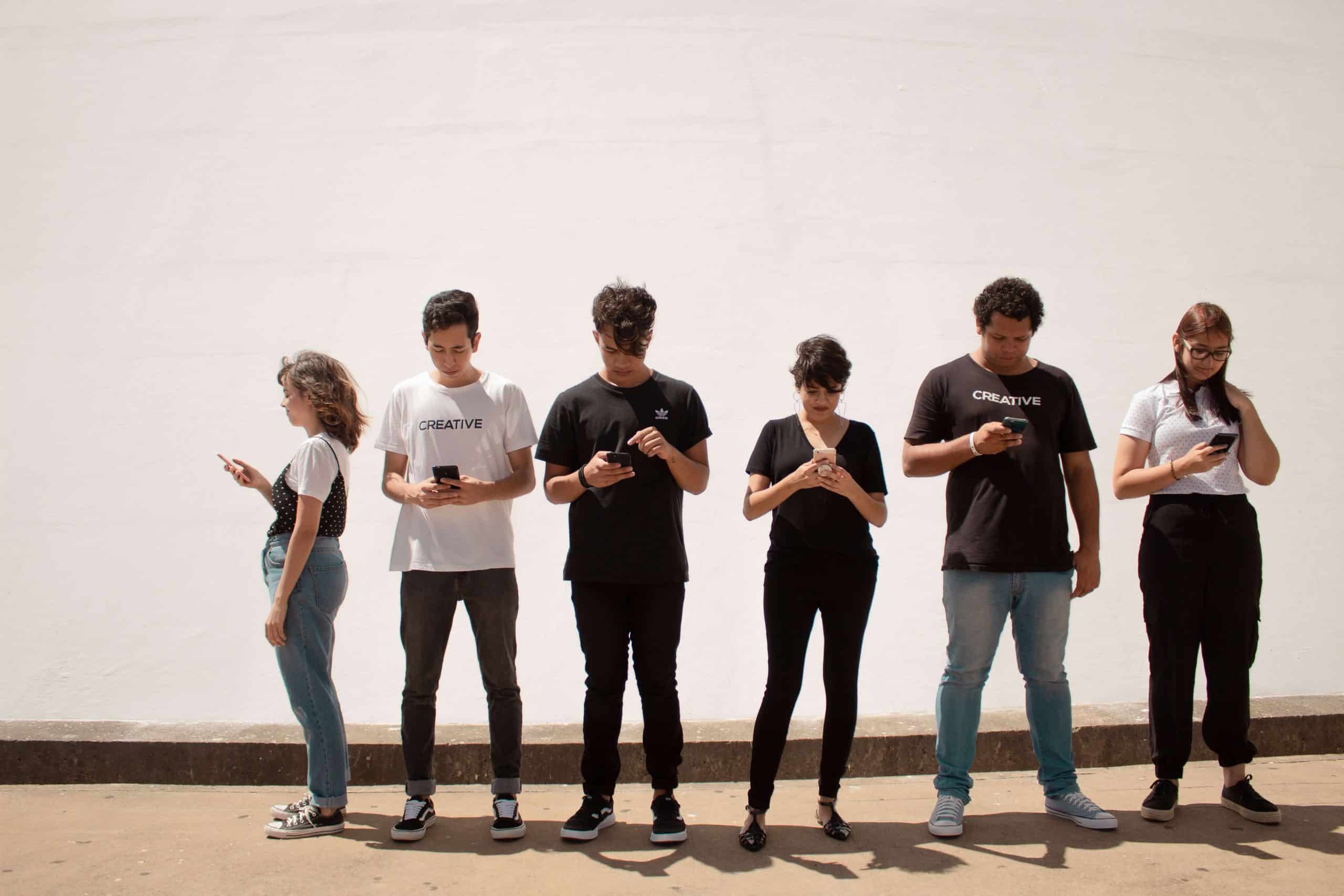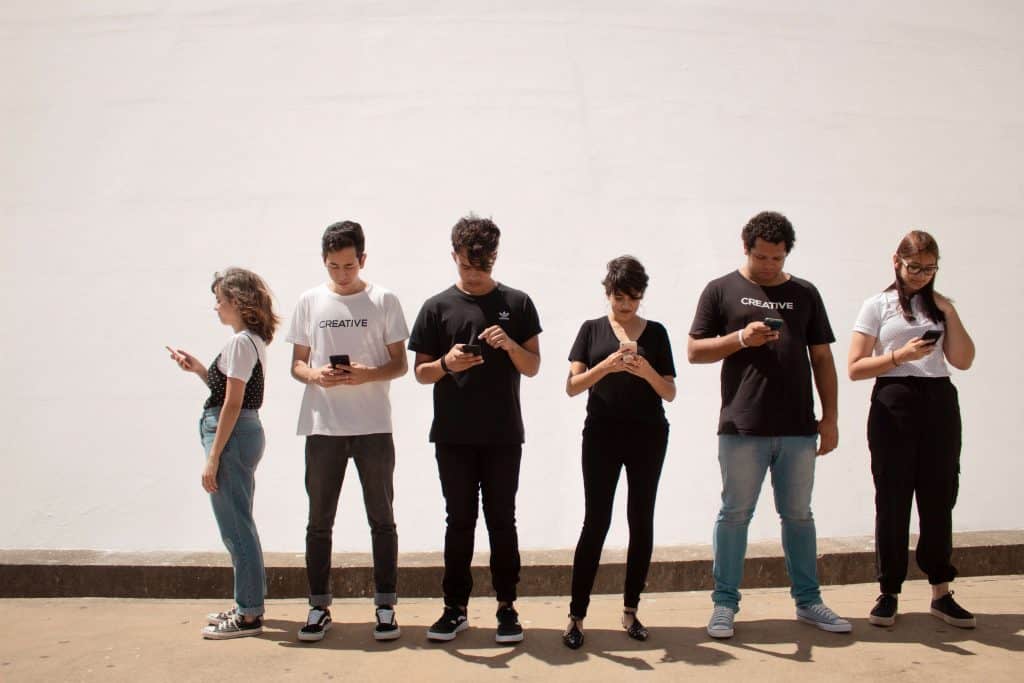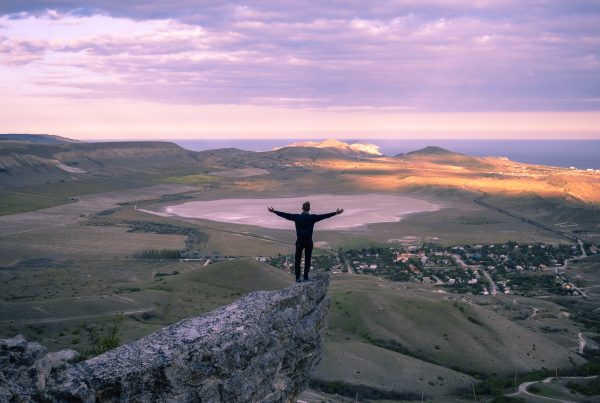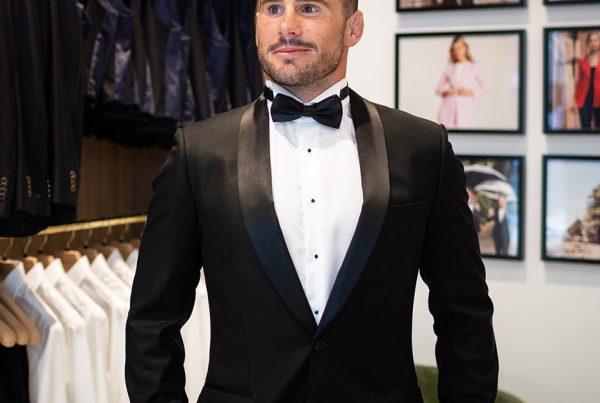The perception of the world from young people can often be determined by the electronic devices you hold in your hand.
While technology can be great, hey – you’re probably reading this article on your phone right now, it can also be a dangerous place for young people, actually for adults too.
We’re sure you’ve heard about this from your teachers, your parents and other adults and feel quite confident online.
Research still shows however, that two-thirds of young people aged 14-17 have been exposed to seriously harmful content. That’s a lot of people that have been exposed. So, even if you do know the ins and outs of being safe online, it’s always worth a a refresher as the internet changes so fast.
This article has been written to give you the tools and knowledge to know what to do if things go wrong online.
In Australia we have this great resource called the e-safety commissioner. eSafety can help you if you experience online bullying or abuse, if you receive images you didn’t ask for, or are being pressured to send images you don’t want to, catfishing, trolling, social media pressure and so much more.
The e-safety for young people is broken into 4 sections.
Dating & Relationships
Here you will find information, resources and support on online dating, catfishing, being pressured into sending nudes, what to do if people have shared images of your without your content.
Navigating difficult situations
Here you will find information, resources and support on cyber bullying, online hate, trolling, how to be an upstander – someone who supports others who have been, or are being bullied.
Protecting yourself online
Here you will find information, resources and support on your digital footprint, fake news, unsafe or unwanted contact, disturbing content, protecting your personal information.
Self-identity and community
Here you will find information, resources and support on online gaming, balancing your time online, being gender diverse online and more.
If you ever find yourself in a situation that makes you feel uncomfortable, talk to your parents or carers, or a trusted adult, or visit the e-safety office here.
The views, experiences or comments shared on this website are not medical advice and may not reflect opinions or beliefs of Cystic Fibrosis Community Care. Always seek the guidance of your doctor or other qualified health professional with any questions regarding your health.





